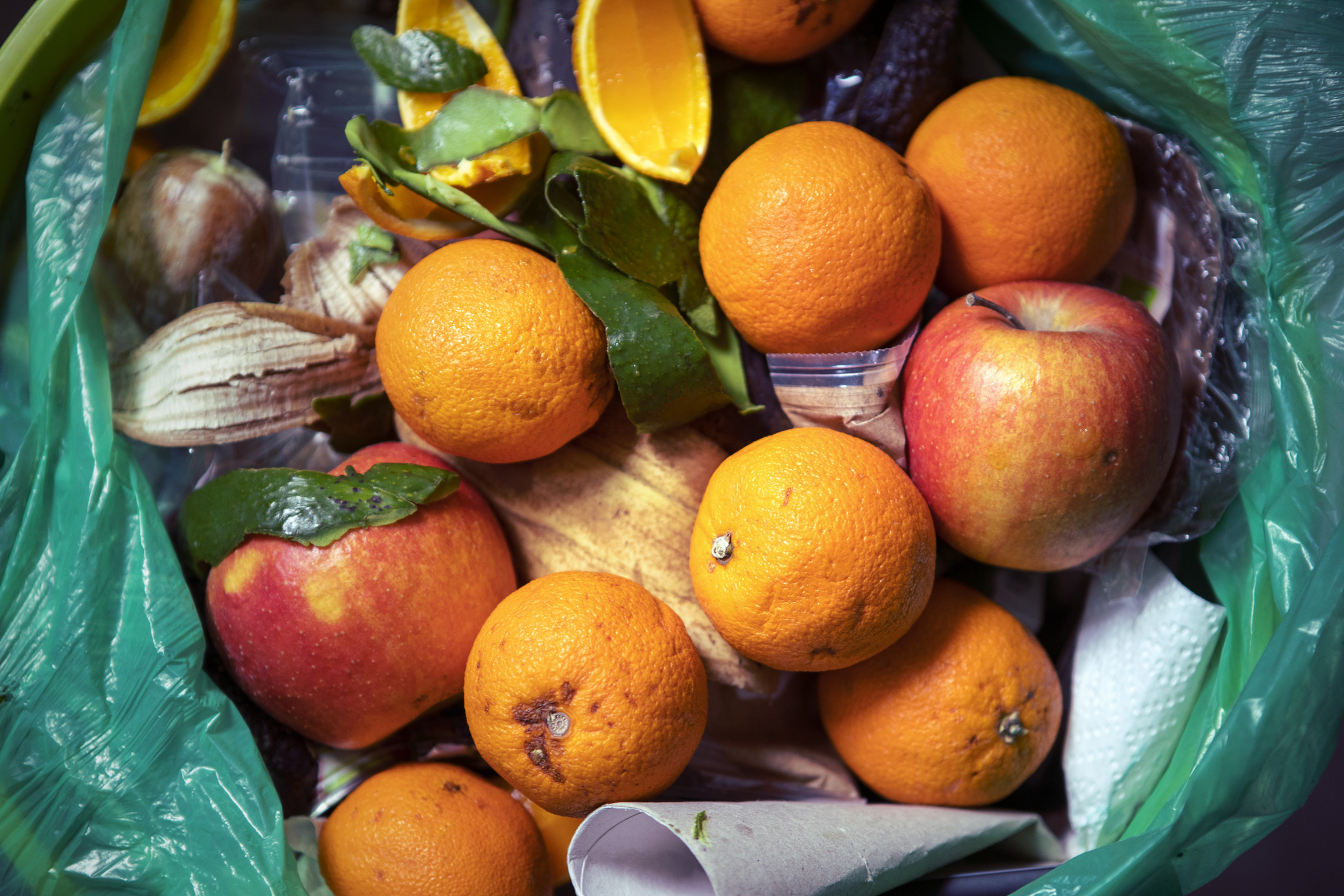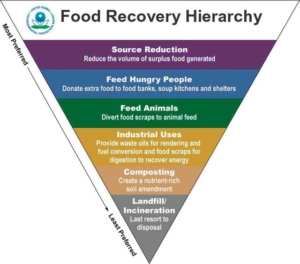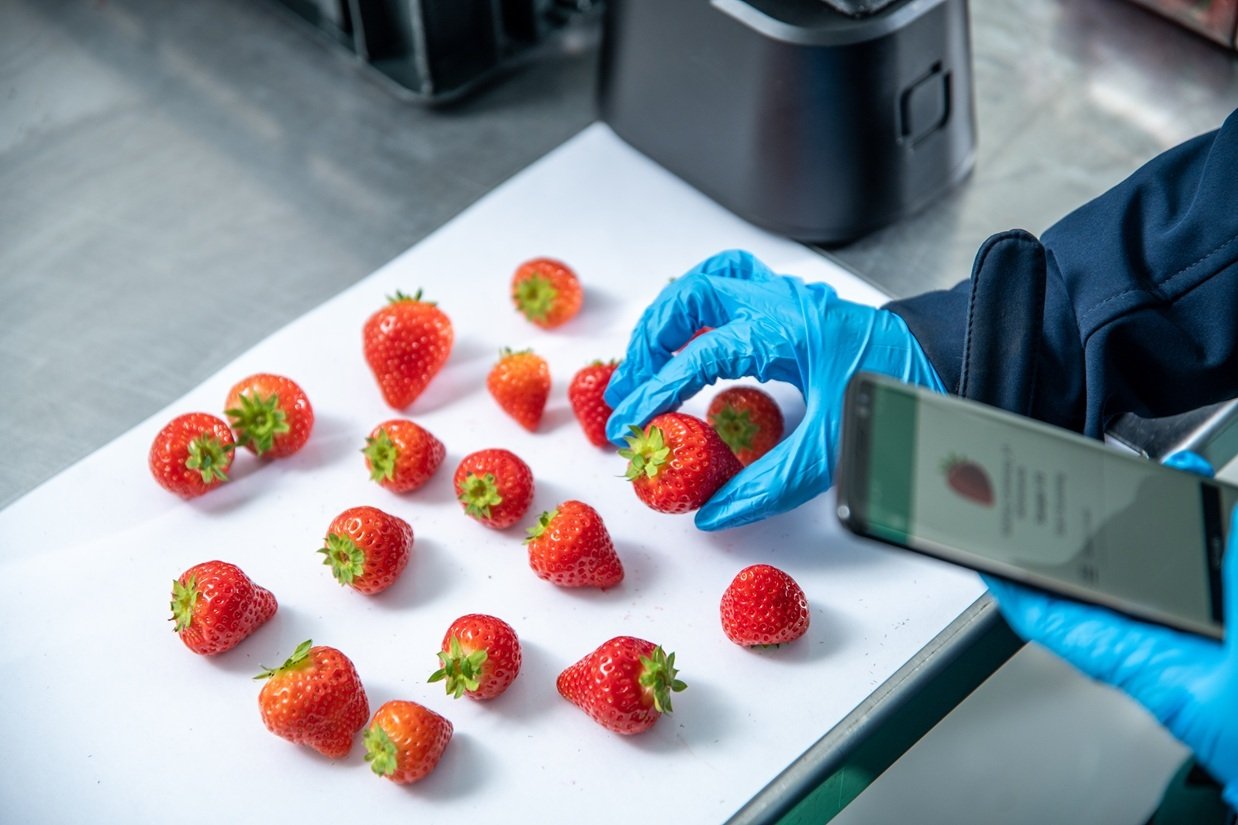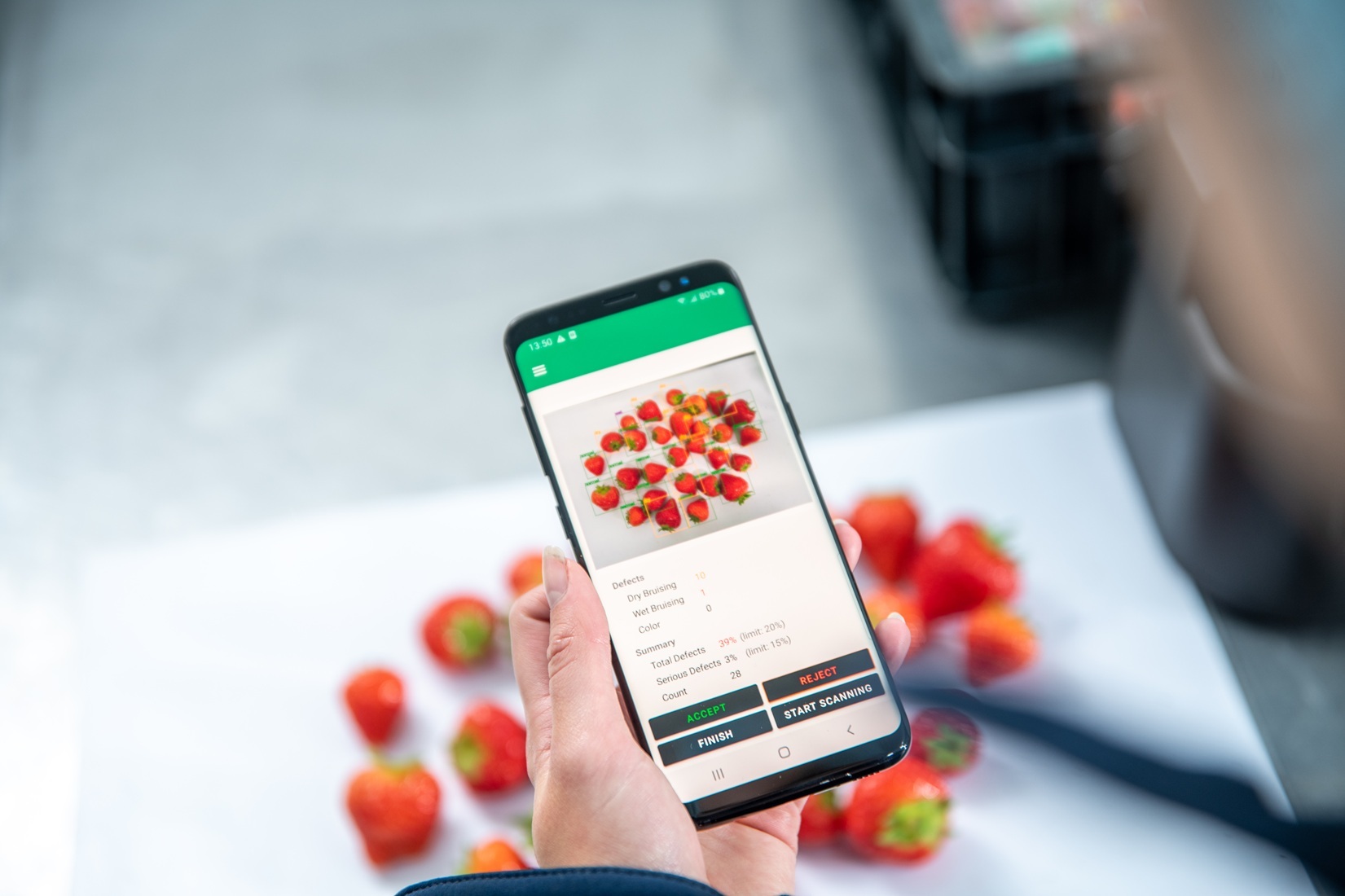
21 Jun 2023
doorOneThird
In America, about four food items are thrown away out of every 10 that are bought. A huge amount of resources goes into creating that food, and it takes its toll on our planet. Preventing food waste can solve several critical global issues we are facing.
In this blog post, we’ll be discussing the various issues associated with food waste and why preventing food waste is important.
How Does Food Waste Affect Us?
The main categories of issues associated with food waste are:
- Environmental
- Economic
- Societal
We’ll go into detail on each of these issues.
Food Waste is One of the Largest Causes of Greenhouse Gas Emissions
The environmental impact of food waste is huge. Just think about how much water, fertilizer, and other forms of energy go into growing crops on one farm.
Now expand that amount to an entire state, an entire country, an entire planet.

Now take one-third of all that food and throw it in a pile that degrades over time and releases methane, a greenhouse gas much more potent than CO2.
That’s what’s happening right now. A large percentage of this occurs in the supply chain, but a substantial amount occurs at home.
According to Project Drawdown, reducing food waste is one of the top solutions for reducing carbon emissions. They say that food waste causes around 8 percent of global emissions.

Believer of climate change or not, the impact on our environment is huge.
Food Waste Costs How Much??
The economic cost of food waste is around $1 TRILLION per year (FAO). This number is a bit hard to comprehend, even if you’re Jeff Bezos.

In the time it took you to briefly read through that graphic, around $200,000 in food was wasted.
No one is benefiting from this issue, except maybe landfill owners.
Nobody Enjoys Food Waste
- Growers don’t enjoy losing thousands of dollars of crops because they don’t meet quality standards.
- Distributors don’t enjoy rejecting apples with marks on them.
- Retail stores don’t feel good about paying for food, just to have it go moldy on the shelf.
- None of us smile and feel good about throwing away food.
If you don’t think those small amounts of food you throw away amount to a lot, think again.
The average family of four in America throws out around $1,600 of produce per year.

We wouldn’t waste as much food if we saw a price tag on every piece of food we waste.
We’re Wasting Billions of Tons of Food and People are Still Hungry
The social impact of food waste is large when you consider the vast number of hungry people on our planet. It’s a large issue that over 820 million people are food insecure (UN).
This is enough people to fill one of the largest football stadiums, Cowboys Stadium, over 10,000 times.

A large portion of the food we are producing is going to landfills and other methods low on the food recovery hierarchy.

So we are throwing away food at remarkable speeds, and we also have a huge number of hungry mouths to feed.
Does this seem ok? Hopefully not.
That’s why the best approaches focus on the redistribution of edible food to people in need. Kroger is a great example of this with its Zero Hunger | Zero Waste program.
So What Can You Do About It?
Informing yourself about food waste and realizing the importance of preventing it is best. After reading this blog post, it should be obvious that preventing food waste is an important cause.
It will take effort from all of us.
But we don’t want to leave you feeling helpless on this issue. Preventing food waste is straightforward!
Below are resources to help prevent food waste at home and in the supply chain.
Resources To Prevent Food Waste at Home
- Food donation programs in the united states
- Can you be sued for donating food?
- 30 Day Food Waste Challenge
Resources For Preventing Food Loss in the Supply Chain
- 5 ways food spectroscopy is already used
- 9 methods to extend the shelf life of fresh produce
- 11 methods to reduce food waste for retailers and distributors
- Different ways AI is used in the food system
- Shortcomings of cold chain temperature monitoring
- Walmart’s Eden to save $2 billion in food waste (and how to replicate it)
- What is dynamic routing and how does it work for fresh produce?
- What is objective quality control?
- Why you need to use FEFO for fresh produce


